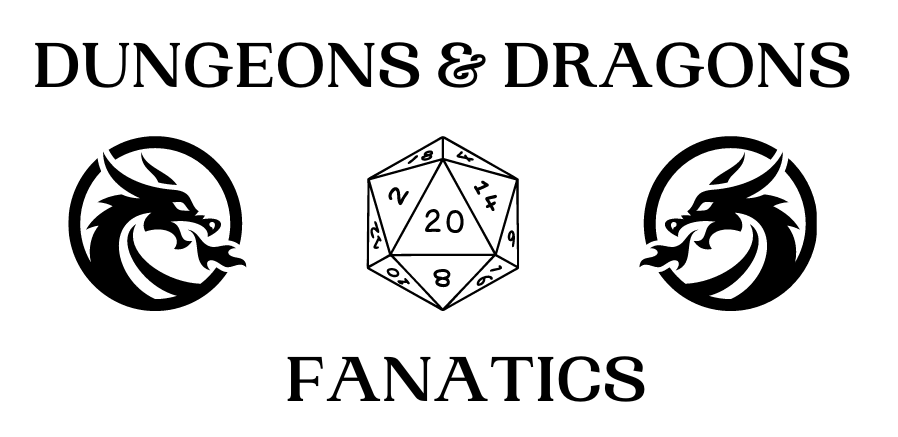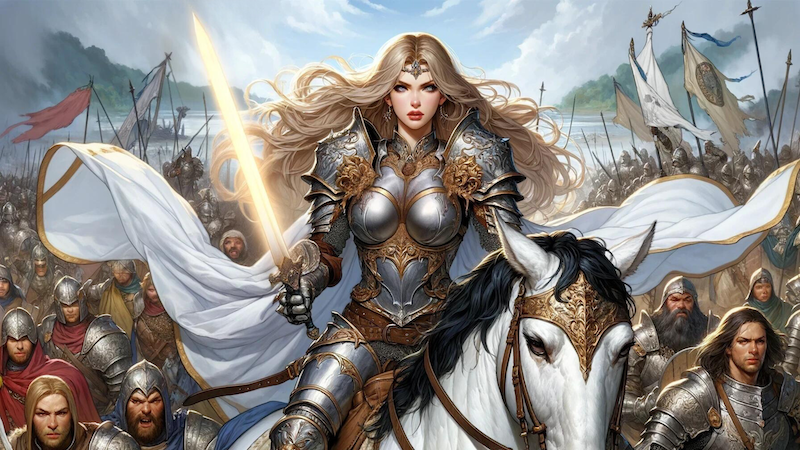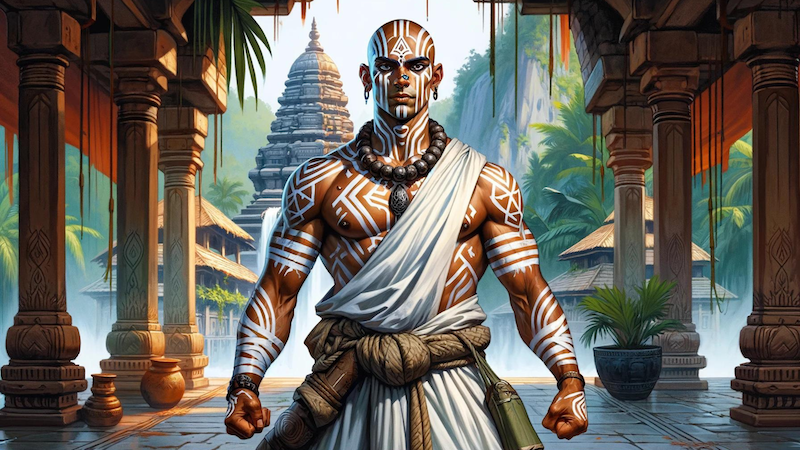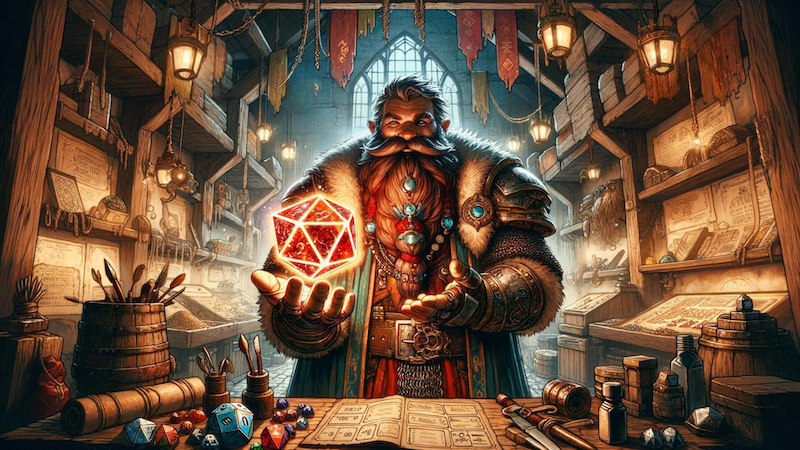

DnD SRD Will Be Updated to Include New 2024 Rules
As an Amazon Associate I earn from qualifying purchases.
After months of speculation among the tabletop roleplaying game community, Wizards of the Coast has announced that their upcoming 2024 Dungeons & Dragons Core Rules will be included in their existing Systems Reference Document (SRD); the online document which provides the rules of DnD for commercial use by third-party publishers.
This means that the latest updated DnD rules will be fully available in the Creative Commons; a move which may help win back some of the goodwill Wizards of the Coast squandered in the wake of the OGL scandal.
So just how will this impact DnD players and content creators? Below, we break out all the details.


What is the DnD SRD (Systems Reference Document)?
The System Reference Document (SRD) is an online document that includes the core rules of Dungeons & Dragons, including classes, monsters and basic gameplay mechanics. While the SRD is essentially the “heart” of DnD, it does omit certain elements, such as iconic monsters (i.e. Beholders and Mind Flayers), as well as brand terms like “Dungeon Master” and “Dungeons & Dragons,” which are registered trademarks.
While in theory players could run a complete DnD 5e campaign using only what’s presented in the SRD, the primary purpose of the document is to provide a rules framework that third-party publishers can use to create content for past and present versions of DnD. Notably, a key reason why this document is available is because under US trademark law it is not possible to copyright the rules of the game.
It’s also worth noting that the SRD is associated with Open Game License (OGL), with the latter providing the legal requirements that govern the use of the SRD. In 2023, Wizards of the Coast caused widespread public backlash when they announced changes to the OGL that would require third-party publishers to pay licensing fees, along with applying certain restrictions on content usage. This was later walked back by Wizards of the Coast and the SRD was released into the Creative Commons, meaning anyone could use the SRD without any cost or legal permission.


What’s changing in the DnD SRD?
As part of their upcoming DnD release schedule, Wizards of the Coast will be publishing an updated version of the DnD 5e Core Books in late 2024 and early 2025. Given what had happened with the OGL, fans were worried that these new updates would not enter into the SRD, which would have impacted third-party publishers’ ability to create content that matches the latest edition of the game.
Fortunately, this does not appear to be the case given that Wizards of the Coast has indicated that the 2024 rules will be included in the SRD. The new document will be known as SRD 5.2 and will include updates to all DnD 5e classes, along with updates to monsters, magic items, spells and game mechanics.
When will the DnD SRD 5.2 Be released?
According to the Wizards of the Coast announcement, fans and publishers will have to wait into early 2025 for SRD 5.2 to be released. This is because the updated SRD will include content from the new Player’s Handbook (which is being released in September 2024), the new Dungeon Master’s Guide (which is being released in November 2024) and the new Monster Manual (which is being released in February 2025).
Wizards has said they don’t want “to release an incomplete document to creators” and as such will wait until after the launch of the 2025 Monster Manual before releasing the full document. This is likely going to be a bit challenging for third-party publishers who will want to use the materials as soon as possible after the Player’s Handbook is launched.


Why is this change to the SRD important for DnD fans?
While this announcement from Wizards of the Coast might seem like insider news that has little impact on most players, in fact it’s important for several key reasons: First, it shows that Wizards of the Coast is indeed serious about willing to listen to fans and try to repair their reputation following the OGL scandal.
More importantly, it means that both large and small third-party publishers will be able to create new content using the most up-to-date versions of the rules. This means more choice for players when it comes to 5e, and more ways for independent creators to grow financially and creatively – both of which will help contribute to the overall health of the DnD and TTRPG community as a whole.
We’ll be keeping a close eye on the DnD SRD story in the days ahead and will update this page with new information as it’s made available.
More D&D News Coverage
For more from the world of Wizards of the Coast, visit our D&D News page.







